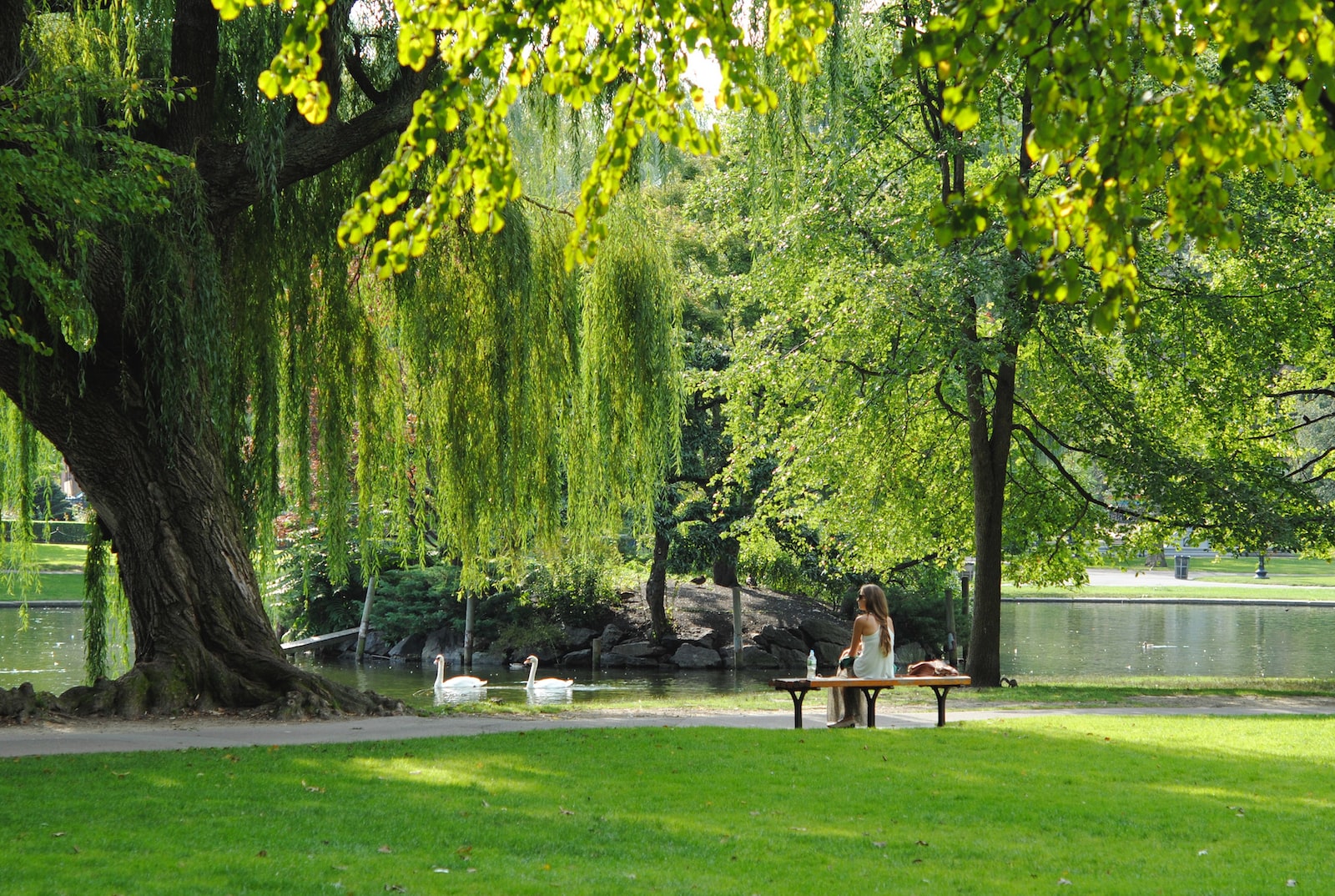Environment Plan: All households to live within 15 minutes of green space
The government has set out ambitions for all households to live within 15 minutes of green or blue space, to invest further in active travel and to tackle air pollution in the new Environment Plan.
Defra has today published a revised version of the plan, originally created in 2018, with plans to restore 500,000 hectares of wildlife habitats, create 25 new or expanded nature reserves and restore 400 miles of river.
There are also commitments to tackle harmful air pollution through restrictions on smoke limits in Smoke Control Areas and to incentivise farmers within 70% of the UK’s countryside to adopt nature-friendly practices.
The UK’s water quality has been brought into question recently after several reports of sewage dumping by water companies, with 770,000 dumping’s over 2020 and 2021 according to the Environment Agency.

Plans to rectify the situation have been laid out, with upgrades planned for 160 wastewater treatment works by 2027 to reduce sewage spills. Water companies will also be challenged to reduce water leakages by 50% by 2050 to improve water efficiency.
Other proposals include protecting 30% of land and sea for nature recovery, using incentives to reduce ammonia emissions, developing a new chemicals strategy to tackle pesticides and funding to protect rare species, such as hedgehogs and red squirrels.
Prime Minister Rishi Sunak said: ‘Protecting our natural environment is fundamental to the health, economy and prosperity of our country.
‘This plan provides the blueprint for how we will deliver our commitment to leave our environment in a better state than we found it, making sure we drive forward progress with renewed ambition and achieve our target of not just halting, but reversing the decline of nature.’
The revised plan has been welcomed by Wildlife and Countryside Link CEO, Dr Richard Benwell, who said the government’s commitment to more green space is a positive move and should be locked into the Levelling Up Bill.
But there is room for improvement, he added: ‘New species recovery funding is excellent, but it must be more than a flash in the pan. The forthcoming Spring Budget must underline the intentions of the Environmental Improvement Plan by setting out the long-term investment needed to halt nature’s decline – the Prime Minister will need to ensure that every Department, including Treasury, is full square behind the plan’s delivery.’
Measurable and timebound policies and interim Environment Act targets are also needed to meet 2030 nature targets he said.
Paul de Zylva, nature campaigner at Friends of the Earth, said government needed to do more to keep on track to meet targets set five years prior and more ambition was needed to reverse biodiversity loss.
He said: ‘At a glance these measures sound impressive, but on closer inspection it seems that many are just rehashed commitments the government is already late on delivering – and it’s unclear how others, such as ensuring everyone can live within a 15 minute walk of green space, will actually be met.
‘There’s also a big emphasis on improving air quality which is completely at odds with the government’s £27bn road building agenda, raising serious questions over whether councils are being set up to fail.’
Photo by Josephine Baran















